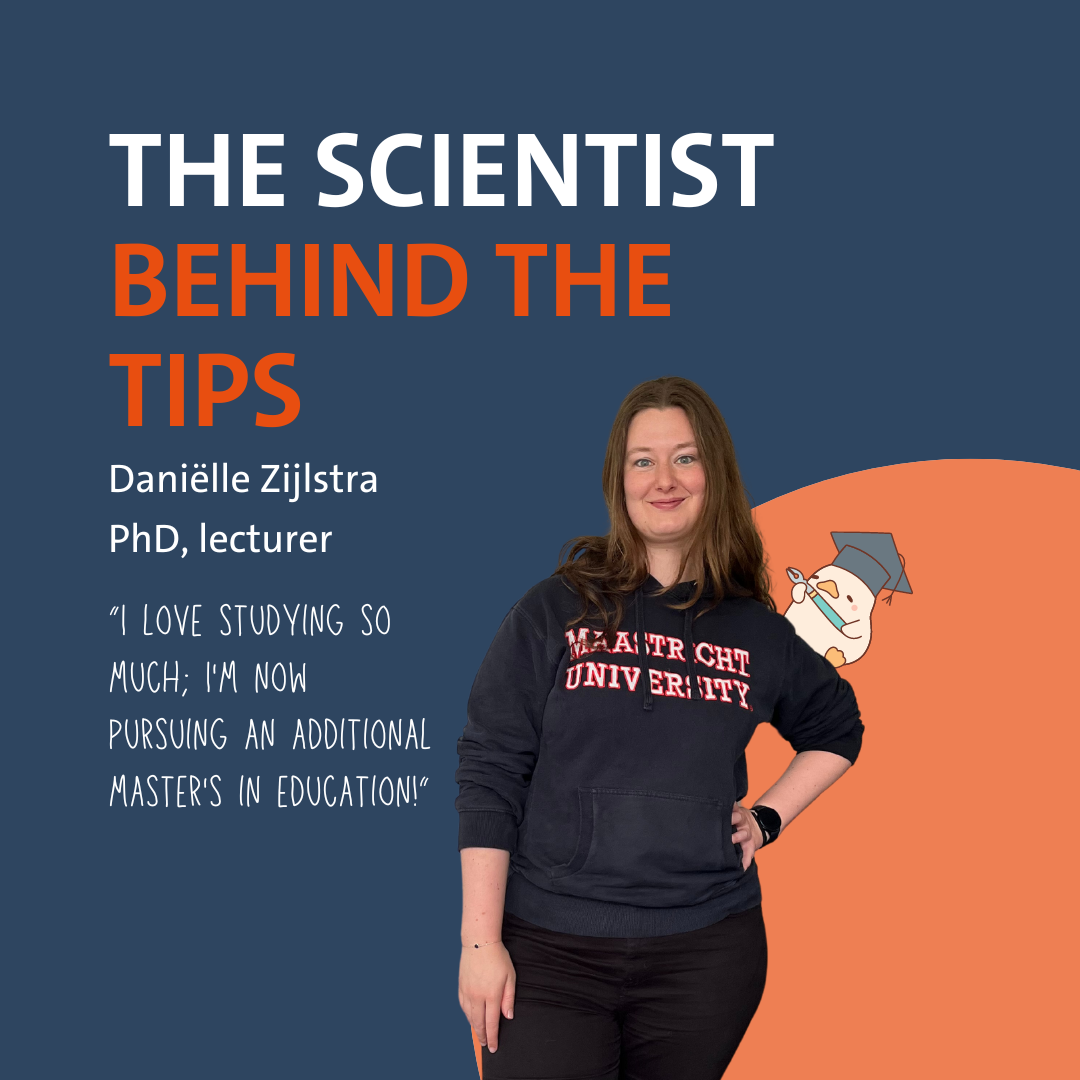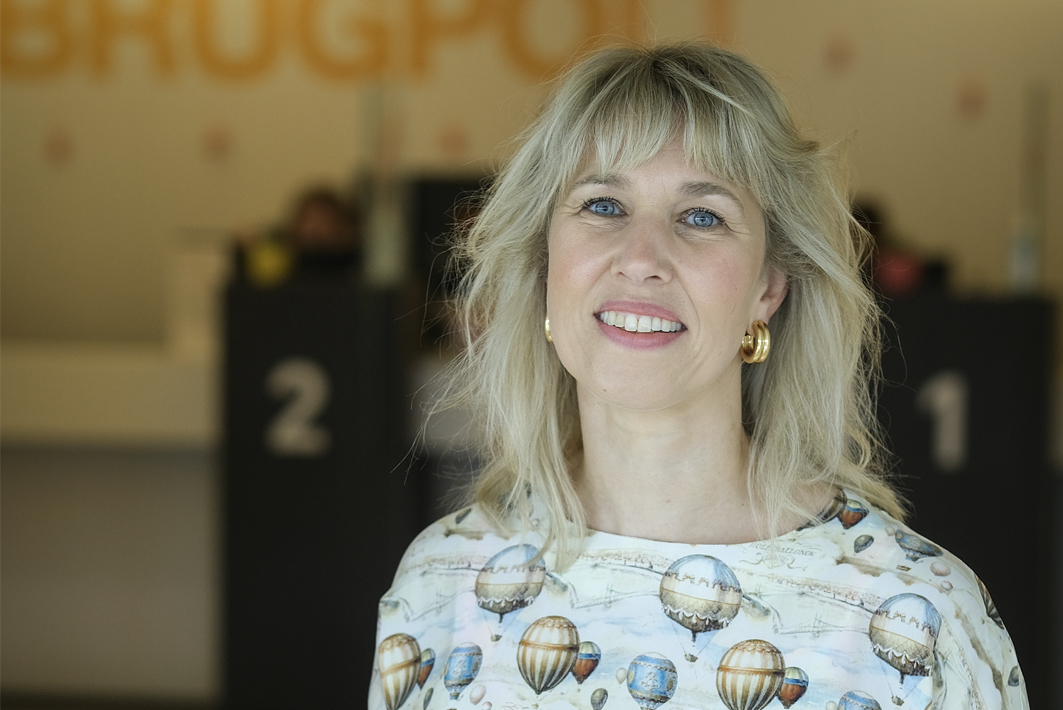Interview Jany Rademakers
Jany Rademakers, endowed professor of Health Literacy and Patient Participation: “Not all patients can assume an active role.”
Citizens – as patients – are by no means all able to assume an active role regarding their own health. “The government expects it of them, but many people are not health literate enough. Patients may not be able to find the right information, they don't understand the information or are unable to apply it.”
This was the crux of Jany Rademakers' argument in the inaugural lecture she held on 13 May 2016, about ‘The utopia of the active patient’.
Appointed endowed professor of Health Literacy and Patient Participation at CAPHRI as of 1 September 2015, she also heads one of the research departments of the national NIVEL research institute, with which CAPHRI collaborates.
“More research needs to be done into ways that people's health literacy can be improved. And it is also important to more closely align care and prevention to the health literacy level they actually have”, Prof. Rademakers emphasised.
After taking her degree in developmental and clinical psychology in Utrecht, she started out her career as a researcher at Stimezo Nederland, the national organisation for abortion clinics. She went on to do her PhD on the prevention of unwanted teen pregnancy and then continued her career at NISSO (now part of Rutgers).
In 2002 she decided to chart a new path, at the UMC Utrecht. “I got involved in a national study centring on the question whether medical education is paying sufficient attention to differences between the sexes and to cultural diversity. I looked specifically at the care system from the perspective of young doctors, and what they've got to learn in order to improve healthcare.”
Since 2007, Prof. Rademakers has been working at NIVEL, where her focus is still on care, but from the patient perspective instead. “My basic premise is that people are all different, and therefore their needs are different, too. Diversity is the common thread connecting all of my work.”
According to Prof. Rademakers, not everybody has it in them to play the active patient role. Granted, many patients want to take an active role and be more directly involved in their care; they hunt around the Internet for information and come prepared to medical consultations.
Moreover, since the adoption of the Health Insurance Act in 2006, patients have become the third party on the healthcare market, alongside healthcare insurers and providers. For example, patients are expected to choose their own insurance and healthcare providers.
In practice, however, it turns out that 48 per cent of Dutch people have trouble managing their own health, illness and care. They simply lack the knowledge, the motivation and the self-confidence. This applies especially to older people, ethnic minorities and people in lower socioeconomic populations, with less income and less education.
“People with limited health literacy are less healthy. And that underscores the importance of studies in this area”, Prof. Rademakers explained.
As a professor, she will be launching programmes in which CAPHRI and NIVEL will be working together on ways to improve people's health literacy. For instance, on new interventions to help them handle information and communicate with care providers.
“Additionally, we will be exploring how care providers can communicate better themselves. Methods have already been developed to aid care providers in checking whether the message they're giving patients is actually getting across. And, beyond that, there are things like user-friendly informational material and simple signposting. We will also be involving the target group in these innovations”, she continued.
Prof. Rademakers is pleased that her chair is part of the Promoting Health and Personalised Care programme: “My work fits perfectly within this programme.”
Inaugural speech (928KB, PDF)
More information:
NIVEL Kennissynthese Gezondheidsvaardigheden (PDF)
NIVEL Kennisvraag 2016: Zorg op maat (PDF)
Also read
-
Maastricht University students have won the Dutch final of the student competition Ecotrophelia, a drinking vinegar based on apple cider vinegar, fruit and herbs.
-
In the upcoming months, we’ll share tips on Instagram for our students on how to live a healthier life. Not just a random collection, but tips based on actual research happening at our faculty. The brains behind this idea are Lieve Vonken and Gido Metz, PhD candidates at CAPHRI, the Care and Public...
-
Mayke Oosterloo is a movement disorders neurologist at Maastricht UMC+ and a researcher at the MHeNs institute of Maastricht University. In the outpatient clinic and various nursing homes in Limburg, she guides and treats patients (and their loved ones) with Huntington's disease.



